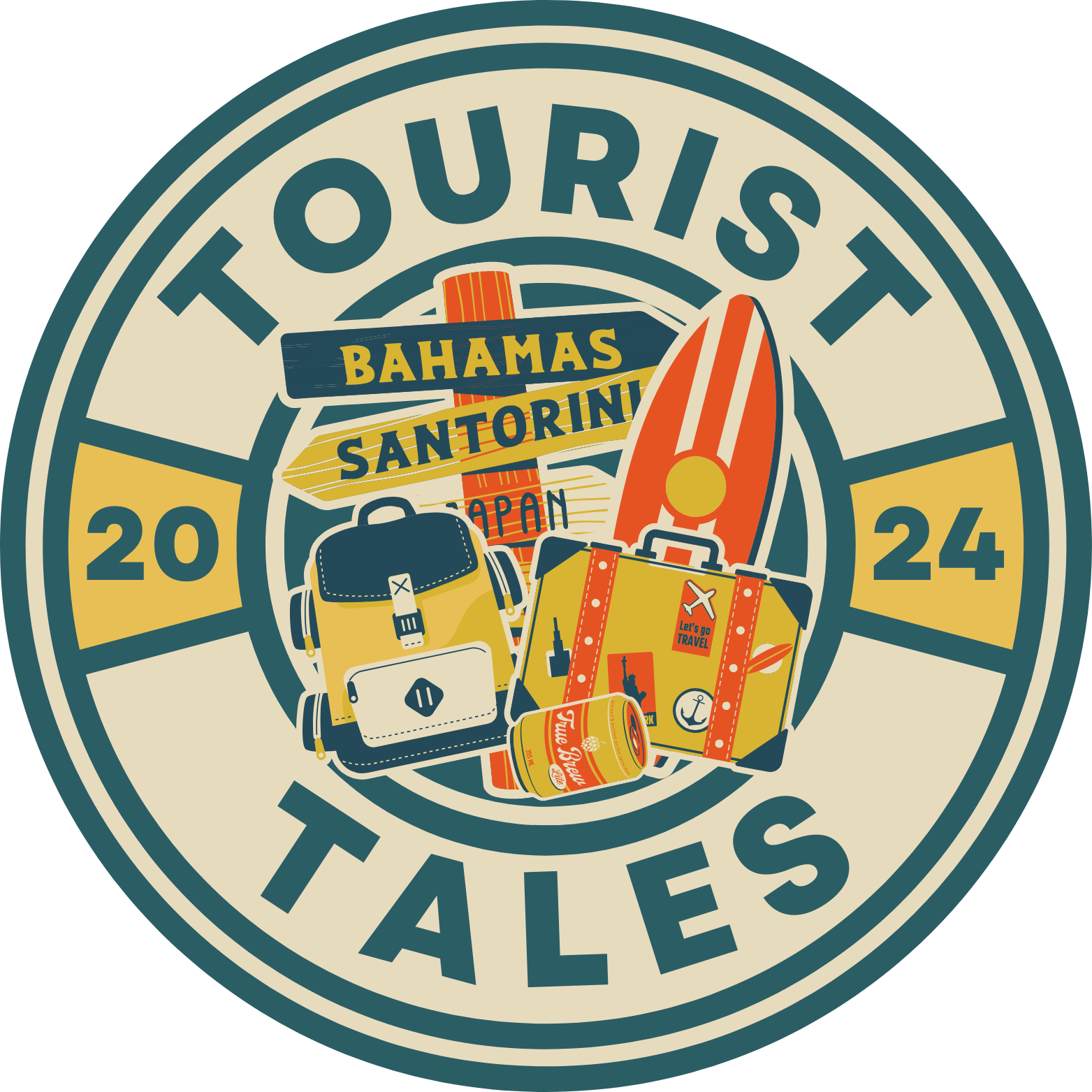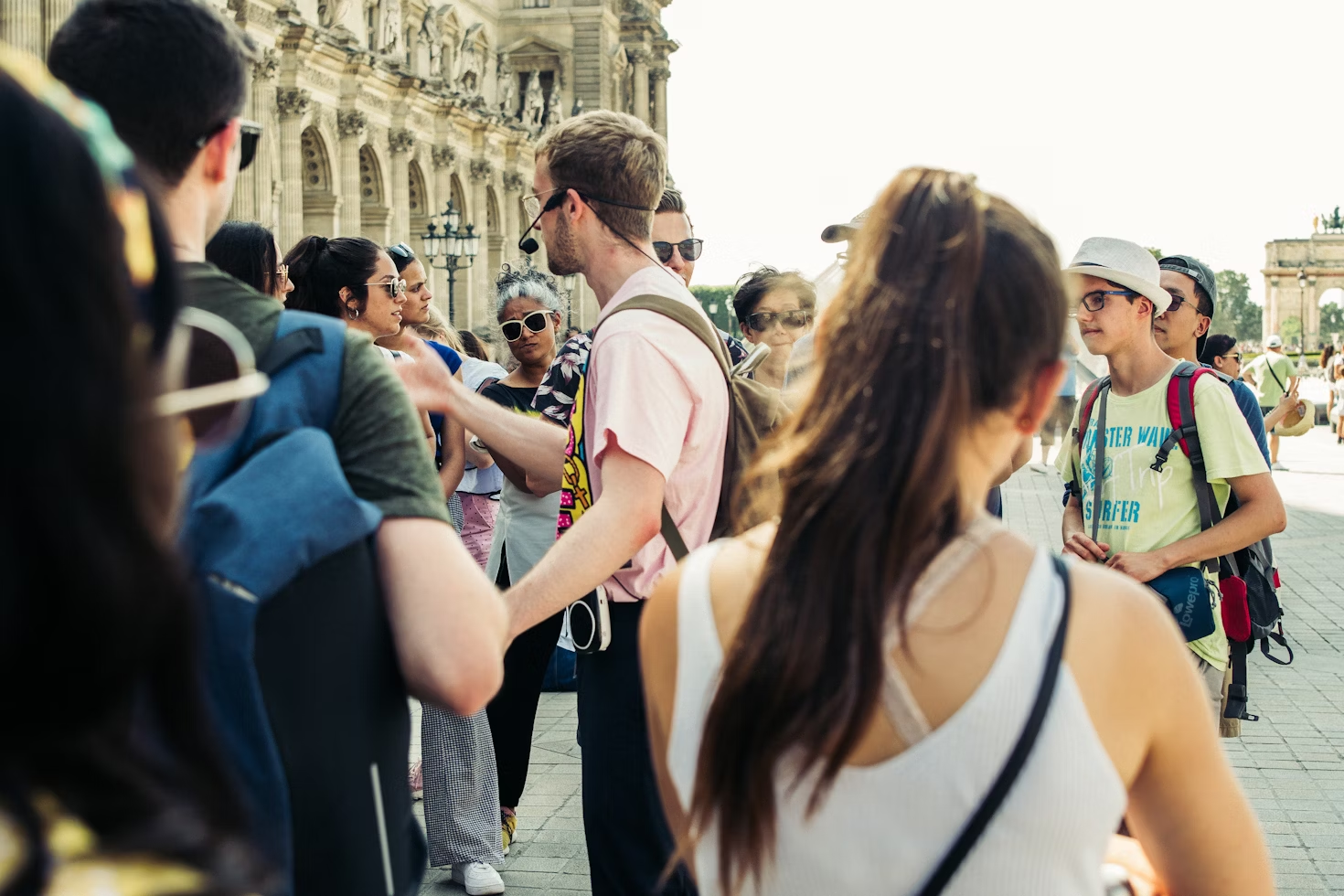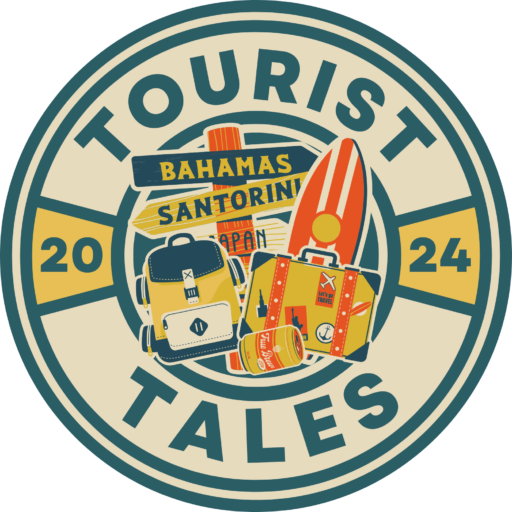Festivals in Greece can be fascinating to participate in. Greece is a country steeped in traditional and Orthodox religion.
Many of the events and traditions that take place are unique to Greece and do not occur anywhere else in the world. Opting to attend them can really enrich your travels through the Mediterranean.
Festivals in Greece
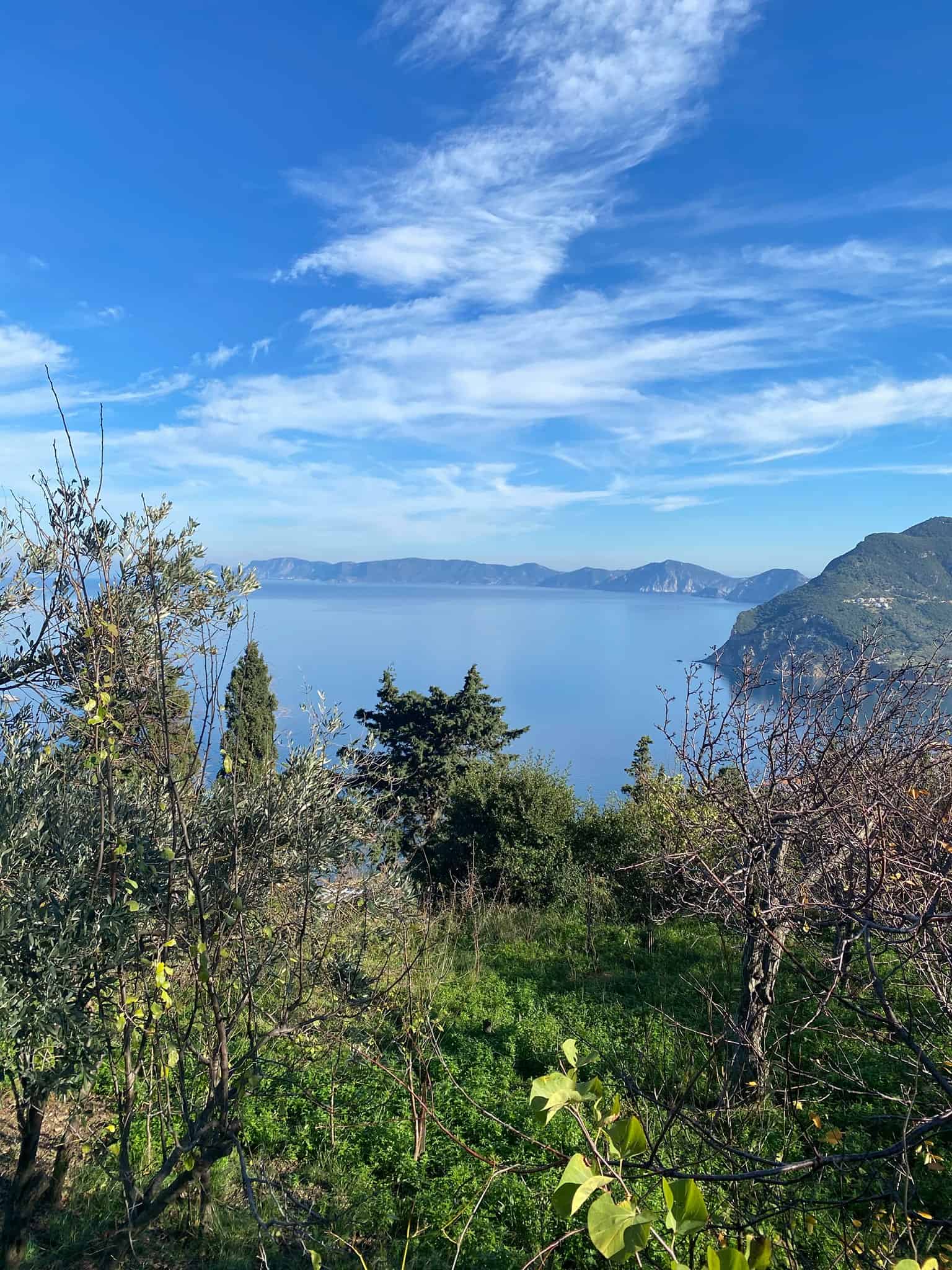
Festivals in Greece take place every month throughout the year. In addition to the festivities and celebrations that only take place here, there are also many global holidays that are enjoyed in Greece.
For instance, Christmas and Orthodox Easter are huge celebrations here. Similarly, Oxi day is a huge national holiday.
You may wish to consider planning your trip to Greece so that it coincides with a unique festival or event. This way, you can gain a more unique travel experience than one that is simply obtained by island hopping.
An Overview of Festivals in Greece by Month
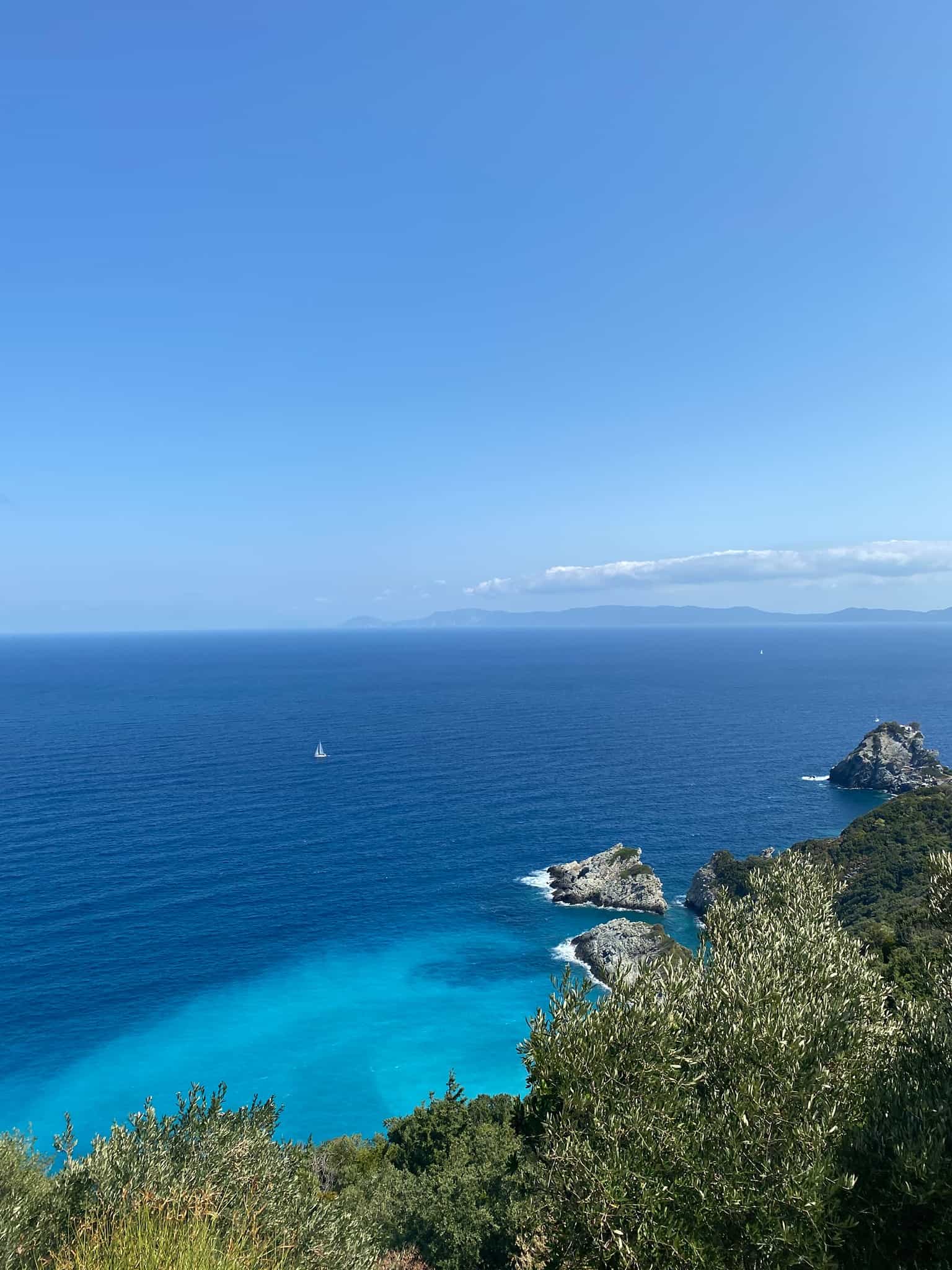
- January – New Year’s Day
- February – Apokries (Greek Carnival)
- March – Orthodox Easter (dates change), Greek Independence Day
- April – Orthodox Easter
- May – Labor Day/May Day
- June – The annual Epidaurus Festival (June to August)
- August – The Ascension of the Virgin Mary
- October – Ohi Day (The Day of No)
- November – Thessaloniki International Film Festival
- December – Christmas and New Year’s Eve
Festivals in Greece
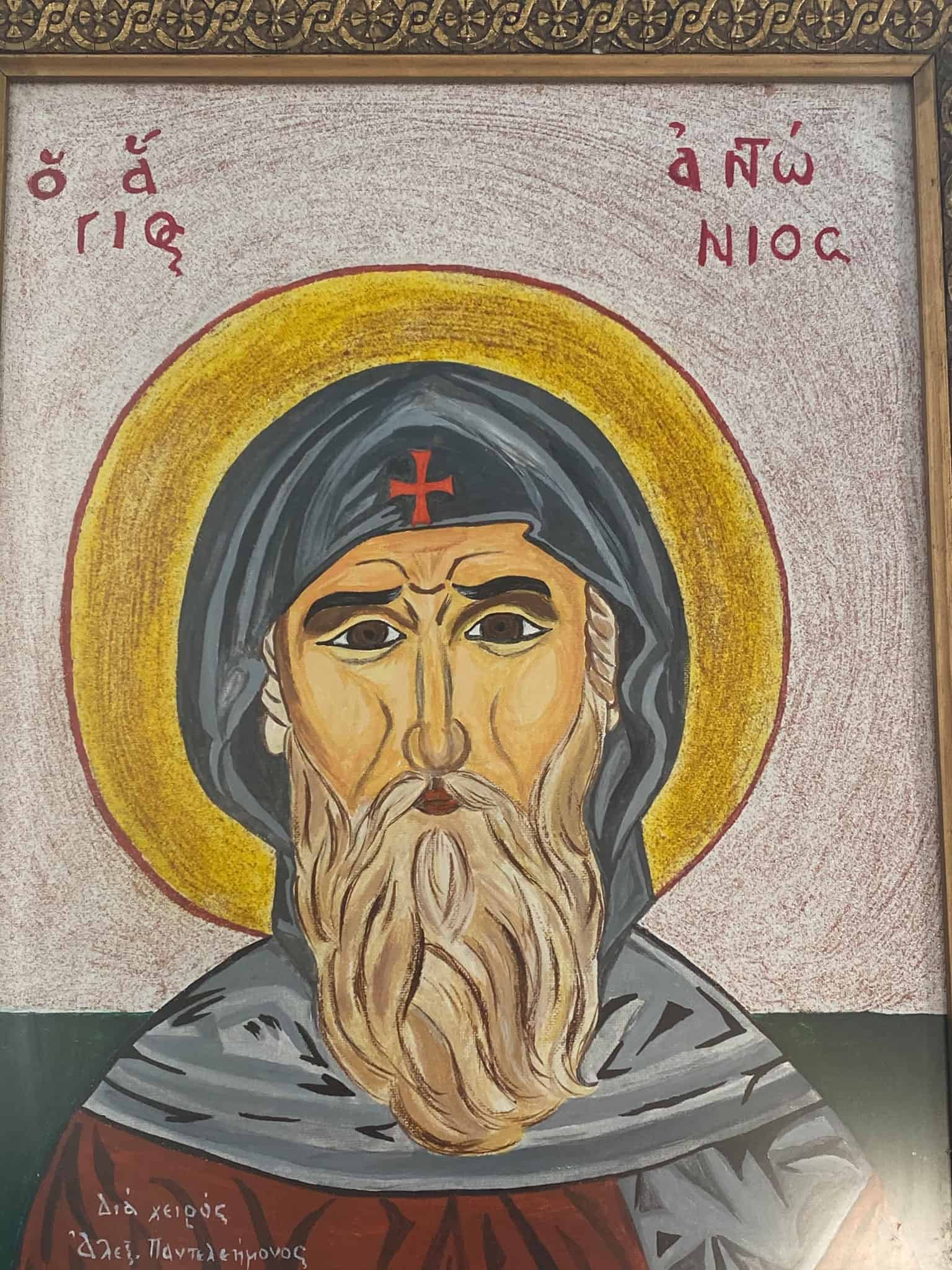
Some of the most important festivals in Greece are detailed below. This list contains a little of everything.
There is a blend of religious and cultural events that are an annual highlight to Greeks. Additionally, there are events that cater more towards educating tourists in Greek history and culture.
January:
New Year’s Day

New Year’s Day in Greece is seen as an opportunity to make a new start and to wipe the slate clean. This is just like in most countries around the world. Greek families usually gather together on this day and enjoy a large meal.
A traditional cake “vasilopita” is cut after the meal to bring good fortune for the New Year. Recipes for this cake can vary significantly.
Traditional vasilopita is made of sweet bread. This is a little like tsoureki. Sponge cake and even chocolate versions also exist and the preferred recipe to use varies a lot from family to family.
A small coin is wrapped in foil and placed inside the cake. It is said to bring good luck to him who finds it.
If you are travelling in Greece over the New Year, you will be able to find vasilopita cakes at bakeries across the country. You could consider purchasing a small cake to share with your travel companions.
Not only is cutting the vasilopita a big part of Greek New Year’s tradition, but this is also one of the most delicious Greek desserts! Greeks may often cut a vasilopita at home on New Years eve with their families, again a few days later with their friends at a taverna, and then again with their colleagues at work.
February:
Apokries/Greek Carnival
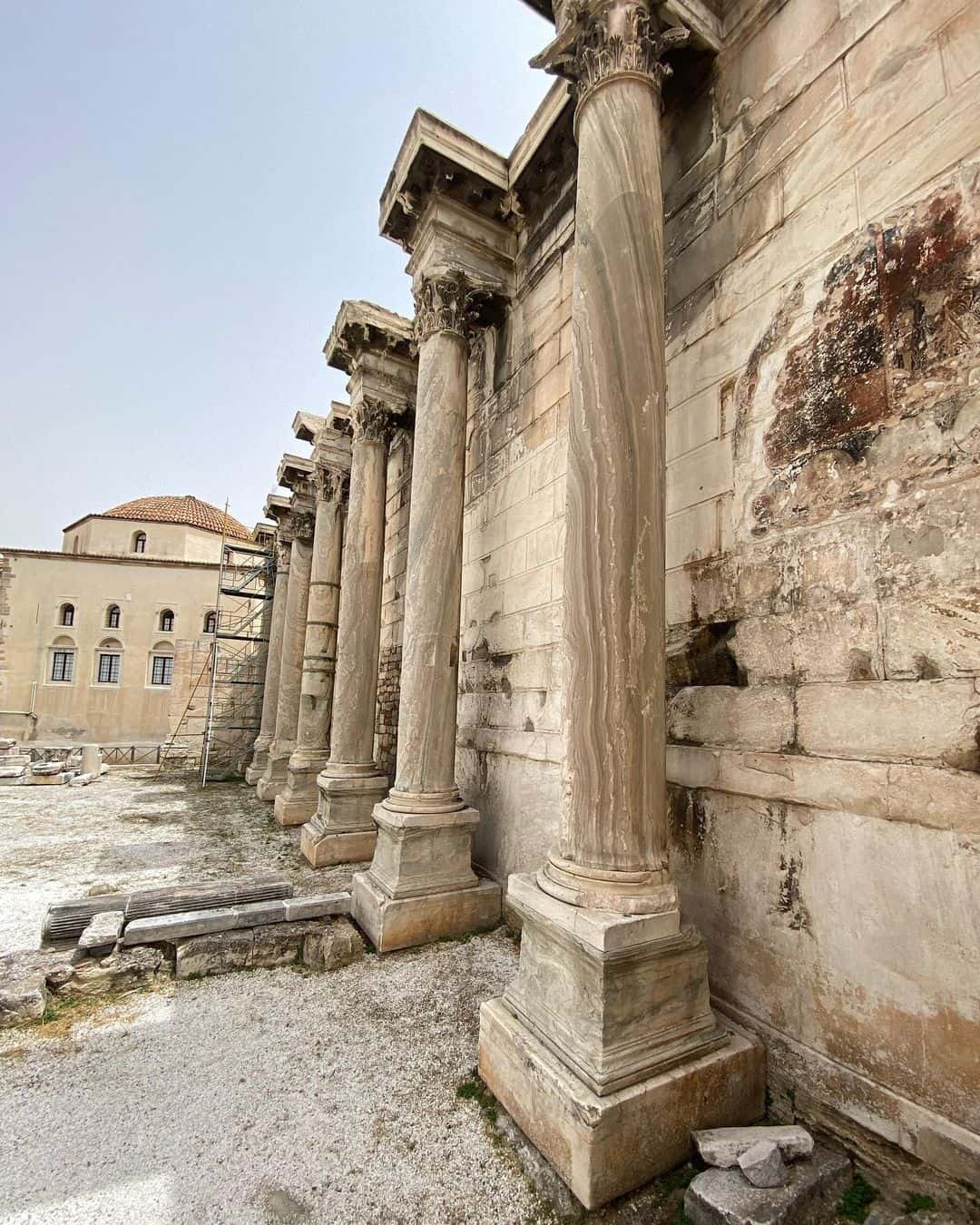
Apokries is a Greek tradition that has been celebrated across the country for almost 200 years. The term “Apokries” actually translates to mean “no more meat”.
This reflects the festival’s purpose of counting down the days of fasting that lead up to Orthodox Easter. Literal meaning aside, the actual festival is much more vibrant, colourful, and lively.
This vivid festival is one of the largest in Europe and can be a highlight of your Greece itinerary if you are travelling here during the early months of the year. Carnival in Greece is somewhat comparable to Latin carnivals celebrated in Brazil and Portugal.
Attend Apokries Parties in Athens
People around Greece celebrate carnival by dressing up in costumes and attending parties and themed events at bars, clubs, and restaurants. You will find many clubs and rooftop bars in Athens that host carnival parties.
Gazi is Athens’ main nightlife district. The streets here are lined with nightclubs and you will always find something going on here during carnival, whatever night of the week you venture out.
The Patras Carnival
The annual carnival celebrations come to a fabulous crescendo with the Patras carnival in the Peloponnese at the end of February. Patras is just a few hours away from Athens. This is a worthwhile day trip from the Greek capital if your schedule permits.
The carnival is arguably the biggest event on the Greek social calendar. Hotels in the city are often sold out several months in advance.
So, advance planning is required if you wish to participate. The festival sees more than 300,000 attendees every year, and the streets are filled with larger-than-life colourful papier-mache floats.
March:
Greek Independence Day
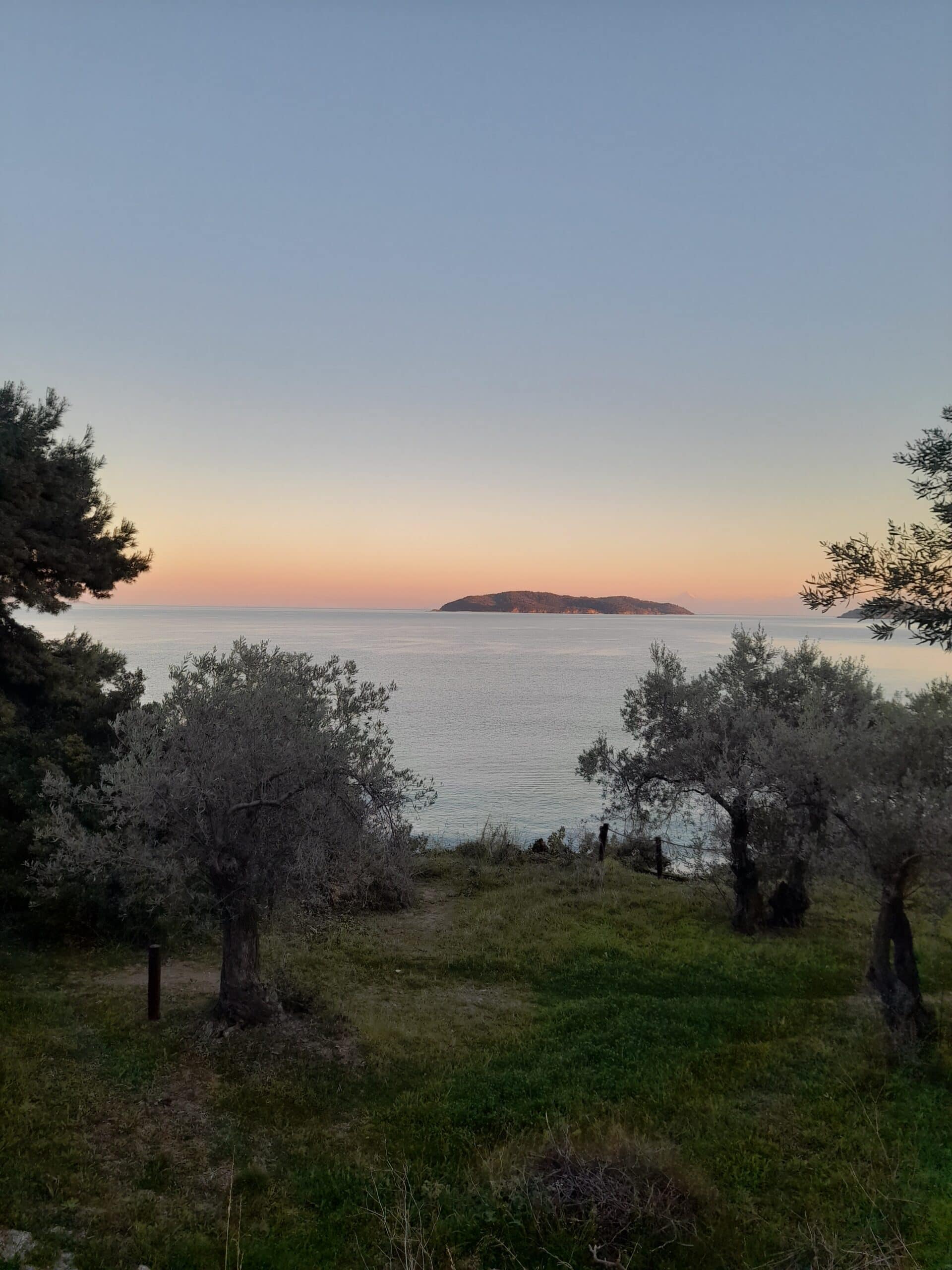
The Greeks struggled to gain their independence from the Ottoman Turks for centuries. Following the 1821 – 1832 war of independence, this was finally obtained. Now, the country’s independence is celebrated every year on the 25th of March.
Across Greece, military parades and marching bands take to the streets. In Athens, huge crowds congregate outside of central Syntagma square. Meanwhile, fighter jets take to the sky to perform air shows to the excited crowds.
There is a traditional Greek dish that is enjoyed on this day too. This is fried bakaliaro with skordalia (fried cod with garlic sauce). As a tourist, you will be able to find this at some of the traditional tavernas, if you are interested to try it.
April/May
Greek Orthodox Easter
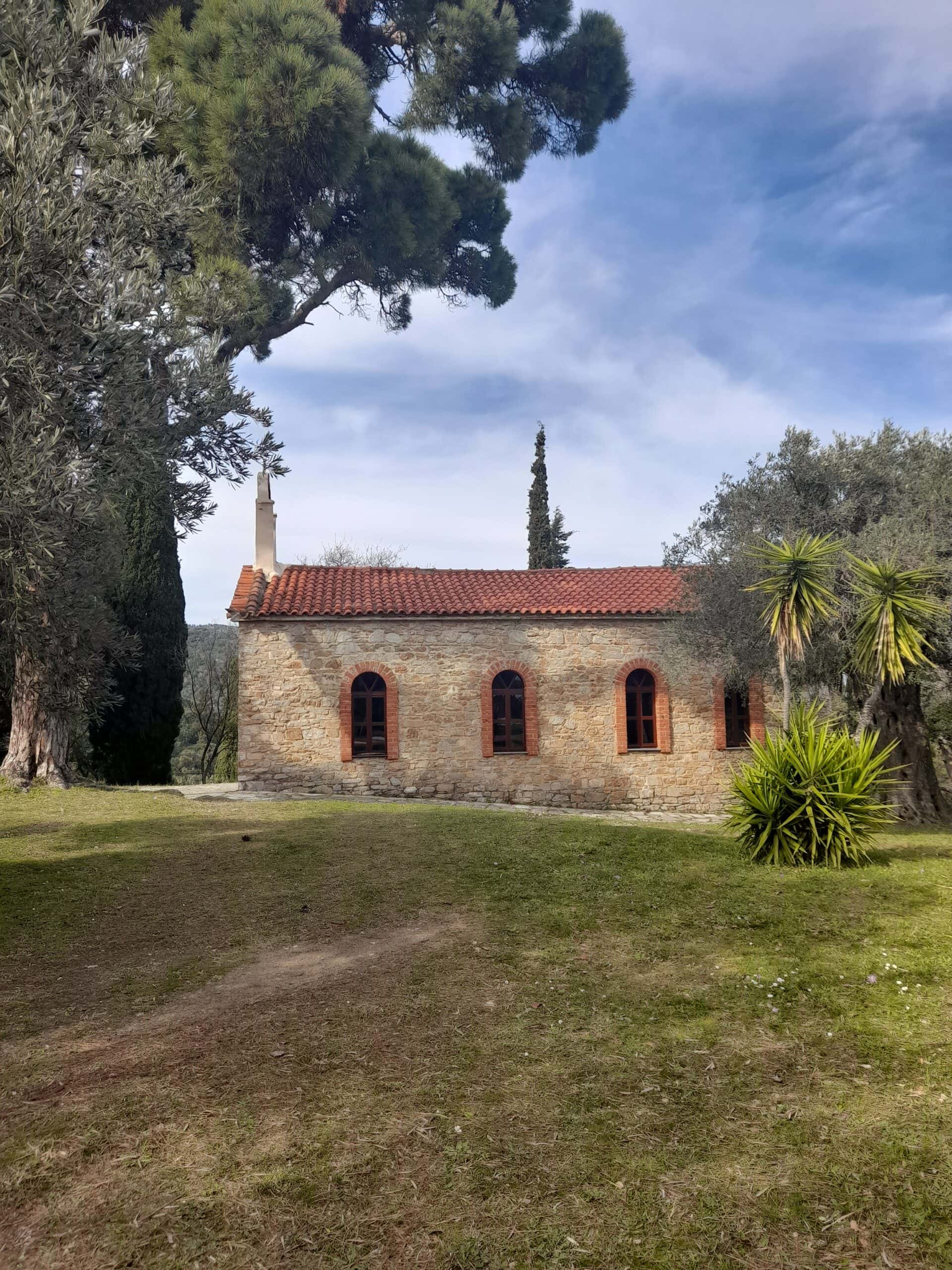
The vast majority of Greeks are baptized within the Greek Orthodox faith. As such, they follow the Orthodox calendar for Easter.
This falls on different dates to Easter in the Christian calendar. Easter here in Greece is a huge celebration that is of equal importance to the locals as Christmas.
Some even consider it as being more important. Like Christian Easter, Orthodox Easter falls on different dates each year. In 2024, Clean Monday will take place on the 18th March. Orthodox Easter Sunday will be on Sunday 24th of April.
The spirituality of the events that take place over Orthodox Easter are moving, even if you are not religious. Putting the actual celebrations and ceremonies aside for a moment, this is also a good time to plan a trip to major Greek cities like Athens and Thessaloniki.
During this time, most Greeks head to their villages to celebrate with their families. This essentially leaves the cities and their attractions as ghost towns. This can be great if you want to explore without the headache of crowds.
Greek Orthodox Easter: Clean Monday
The Easter period begins with Apokries. After the carnival celebrations draw to a close, Clean Monday ( Kathari Deftera) follows.
Clean Monday marks the beginning of the 40 day fast. At this time, no animal products should be eaten.
However, the consumption of shellfish is permitted by the Orthdox Church. As such, indulgent dishes such as calamari, shrimp, mussels, and cuttlefish are often enjoyed on this day.
Taramasalata also commonly makes an appearance durng Orthodox Easter. This is a dip that is often spread of the “lagana” flatbread as an appetiser. It is made from salted/cured roe, lemon juice, olive oil, and bread crumbs.
Religious traditions aside, Clean Monday also marks the start of spring. This is a day where locals make and fly kites in green areas and parks surrounding their cities.
Notable Events and Dates of Greek Orthodox Easter
Palm Sunday marks the start of the Holy Week. It is a time of fasting and attending church ceremonies.
On the Thursday before Easter Sunday, Greek families will begin their preparations for their Sunday feast. They dye eggs red, bake sweet tsoureki, and buy fresh produce in preparation for the Easter meal.
Easter Friday is a day of mourning and remembrance. Greek women and children often take flowers to church in honour of Christ.
A candlelight procession is led through the streets of various Greek towns and cities, including the various neighborhoods of Athens. Tourists are welcome to join in on the processions provided that they are respectful.
The Easter fasting and mourning ends just before midnight on Holy Saturday. Most Greeks attend a church ceremony at this time.
After the ceremony ends, church bells ring out and people greet each other with exclamations of “Christos Anesti!” (Christ is Risen!). Afterward, they go home to enjoy a late feast.
The dinner enjoyed on Greek Easter Sunday is typically an entire lamb or goat cooked on a spit and served with patates fournou, and spanakopita. April is a great time to visit Greece and participate in Orthodox Easter celebrations if you are interested in the local culture.
May Day/Labor Day
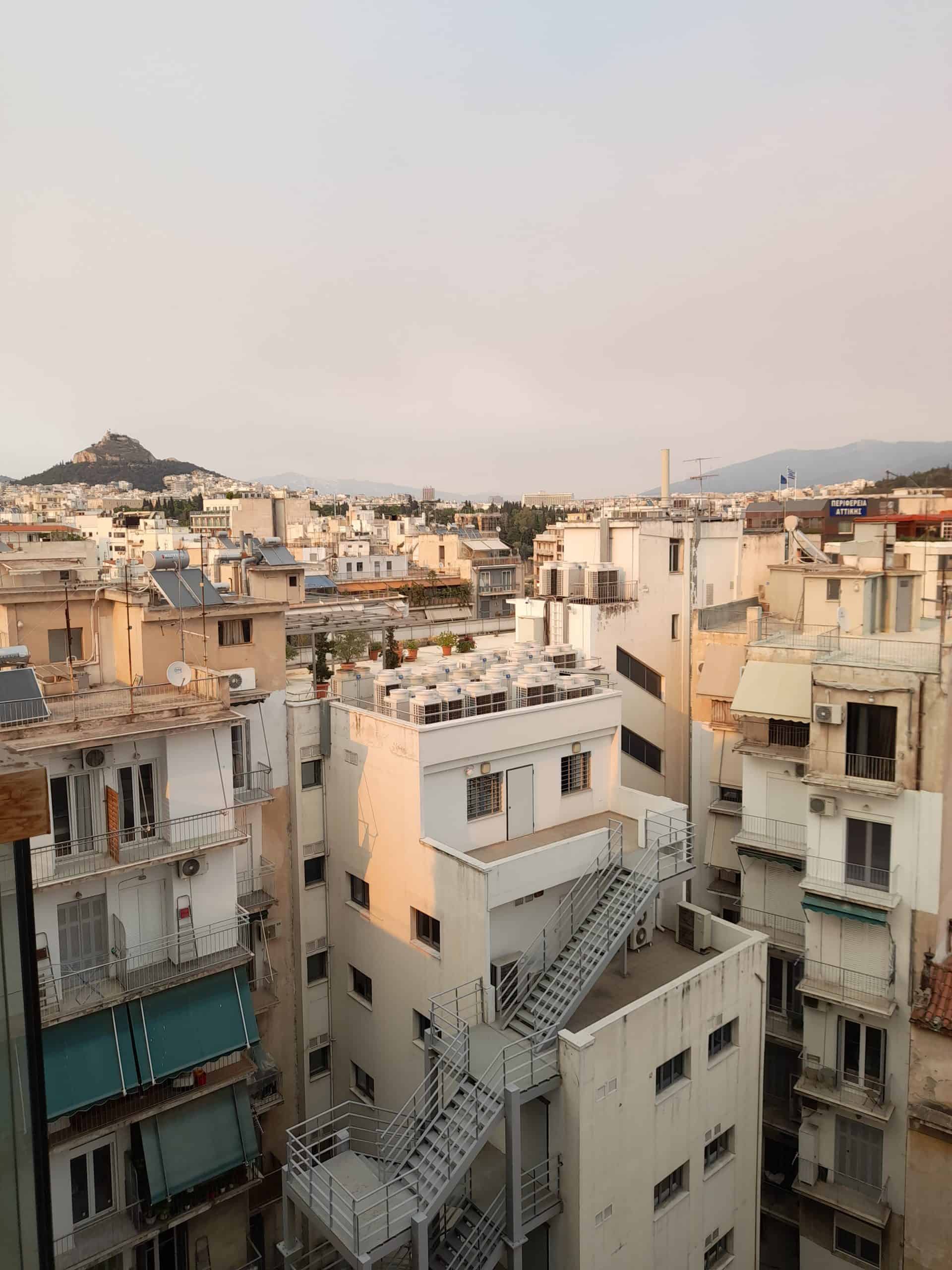
May 1st is a public labor day holiday around the world. Greece is no different.
However, in Greece, the holiday also has a second purpose. The day is known locally as “protomagia”. This is essentially the Hellenic summer solstice celebration.
On May Day in Greece, people will go outdoors and organise picnics with family and friends. Couples and families head to the beaches and the coastlines to fly kites or to pick wildflowers.
Traditionally, people would make floral wreaths from fresh flowers and hang them on their front doors to welcome the good weather. This still happens in some small villages and Cycladic islands.
Interestingly, May Day also has roots in Greek Mythology. In Ancient Greece, people would use this day to celebrate the Goddess of agriculture and her daughter Persephone.
June – August:
The Epidaurus Festival
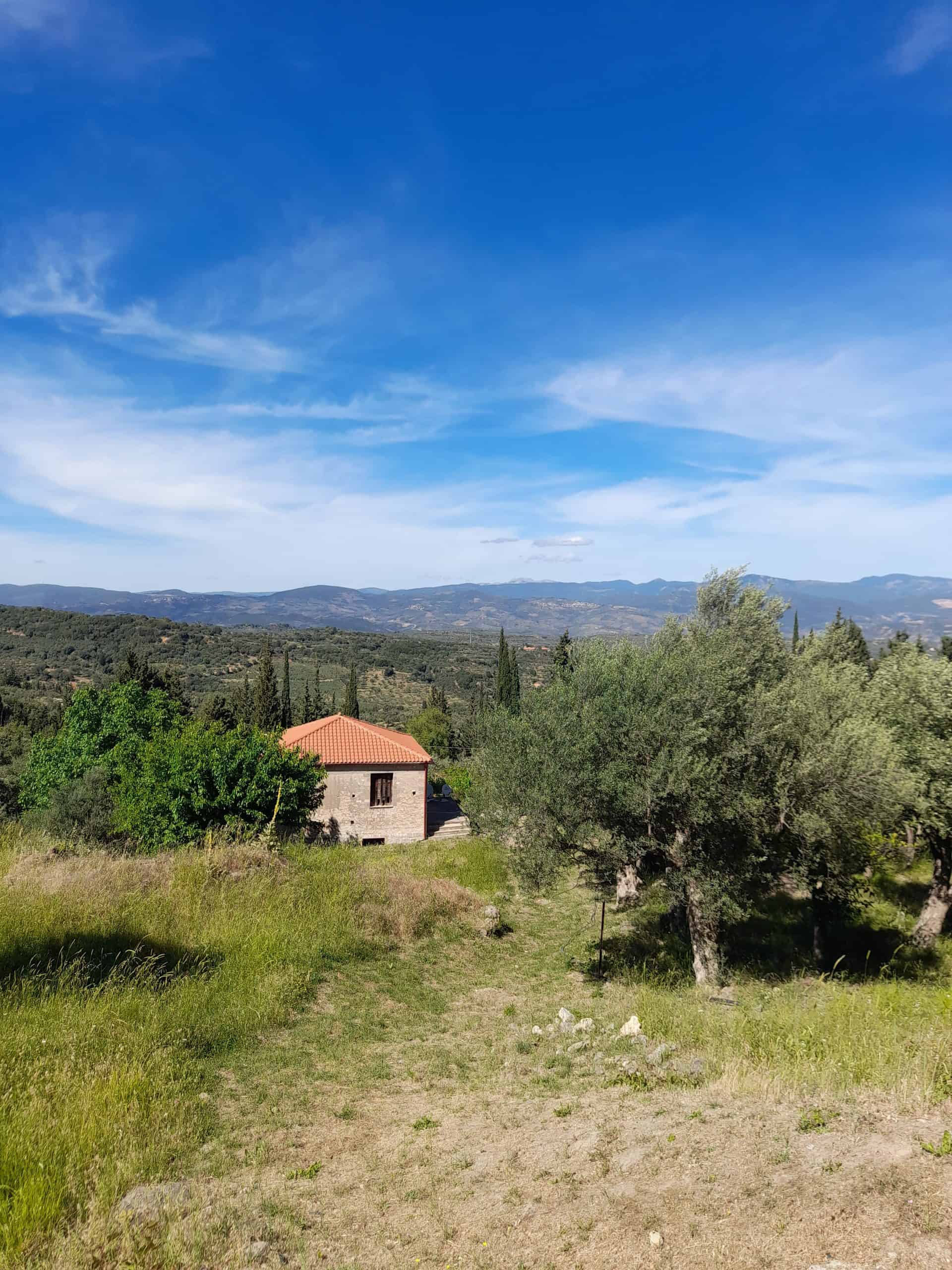
The annual Epidaurus Festival is a celebration of Greece’s cultural heritage. The festival has been taking place for more than 60 years now and sees musical and theatrical performances held in ancient theatres.
Various ancient theatres across Athens and other parts of Southern Greece play host to the various plays and performances. What could be better than watching a real Greek tragedy in an ancient ampitheatre that is thousands of years old?
Notably, visitors to Athens can catch a performance at the Odeon of Herodes Atticus. This is the ancient 160AD theatre that sits beneath the Acropolis.
Buses run daily between Athens to the ancient Epidaurus theatre during this time. Thus, making it easy for you to take an excursion out to the festival for a day during your trip.
It is worth reserving tickets for the shows that are hosted at the Epidaurus theatre if you can. Aside from the actual performances, this is a fascinating place to visit.
The Sanctuary of Asklepios is a small shrine in Epidaurus that is dedicated to the god of medicine. Once upon a time, it was used for healing rituals and people would travel from far and wide to get here and be cured of their ailments.
This os one of 18 UNESCO world heritage sites in Greece. If your schedule permits, you could even use Epidaurus as a jump-off point to explore more of the Peloponnese. From here, you can travel onwards to Nafplio, scenic Lakonia, Mystras, and Monemvasia.
August:
The Ascension of the Virgin Mary
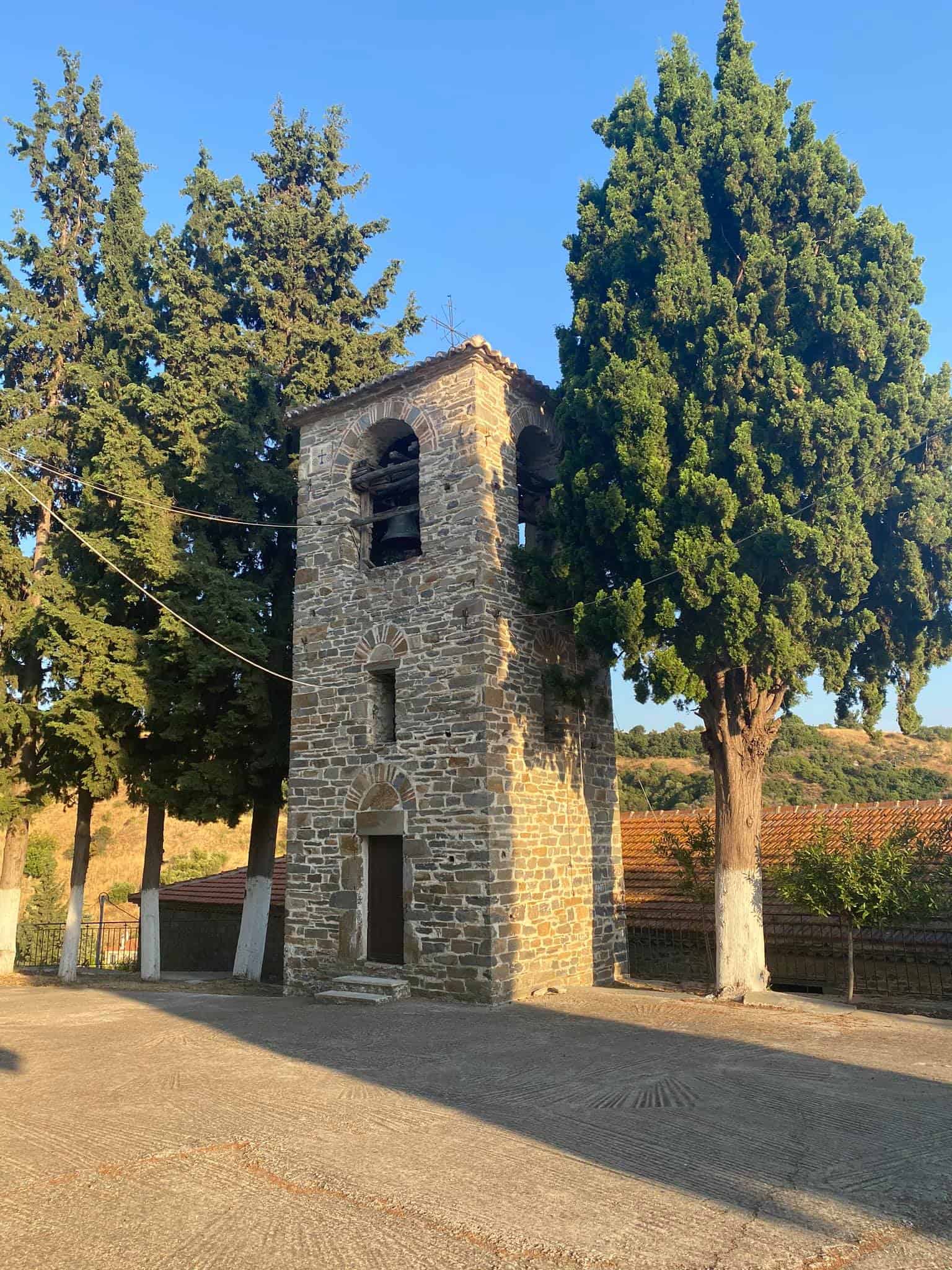
The Ascension of the Virgin Mary is a religious celebration that takes place on the 15th of August each year. The holiday marks the day that the Virgin Mary passed away and ascended to heaven.
This is not a day of mourning. Moreover, it is a celebration of the fact that Mary has finally joined her son Jesus in heaven.
Like Easter, Ascension day sees the major Greek cities become ghost towns as Greeks travel out to their villages. If you do happen to be travelling in certain villages or Greek islands during this time, you can participate in pilgrimage walks to certain churches and monasteries.
One popular pilgrimage is the hike to Proussos Monastery in Evritania, Central Greece. In the evenings, local festivities such as musical performances and village feasts are held in certain places.
Some of the churches in Athens also host celebrations. If you happen to be in the Greek capital during this time, ask your hotel concierge or your Airbnb host about what is happening at the local churches.
October:
The Day of No (Ohi)
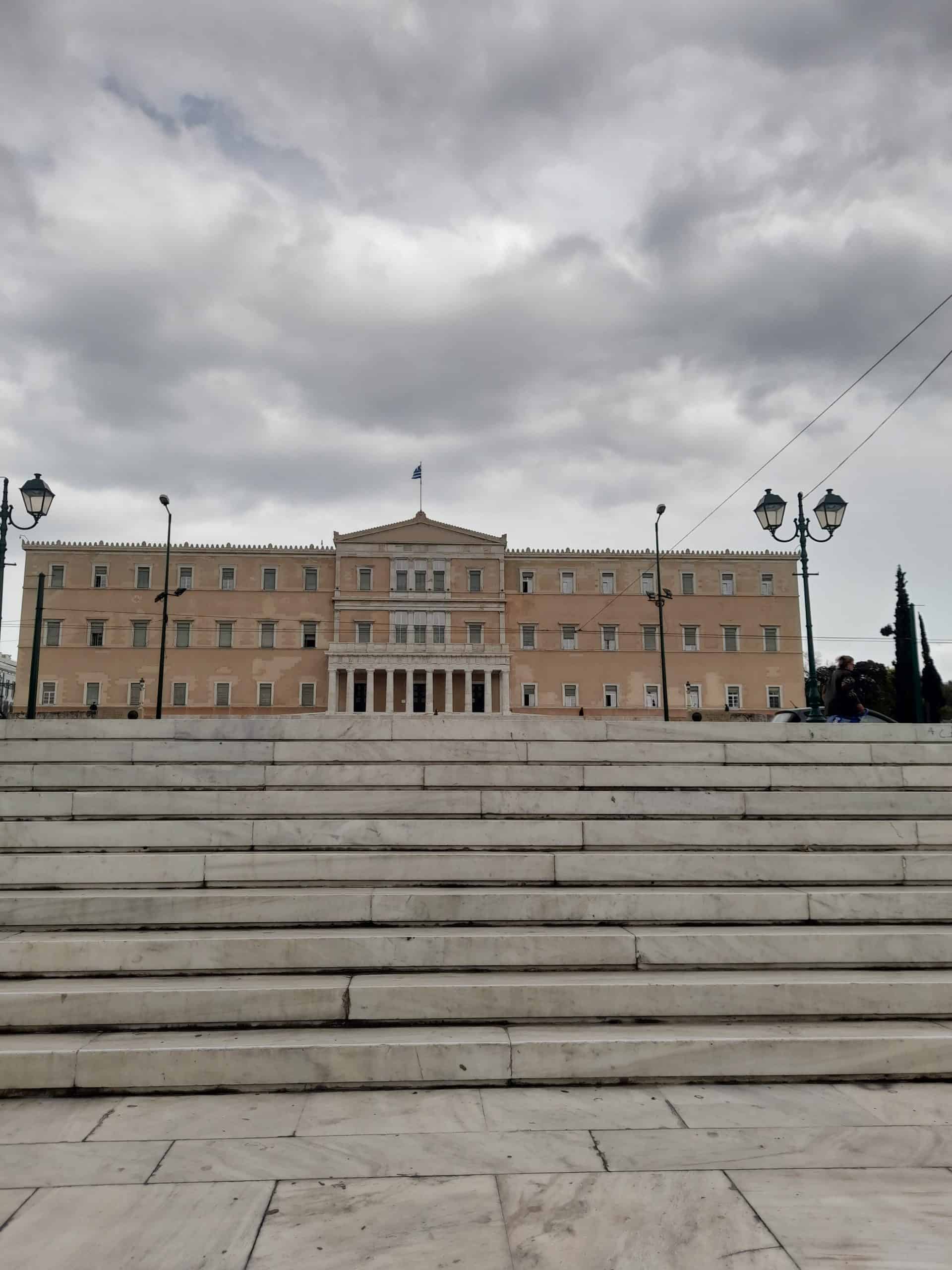
The day of no (ohi/oxi) is a public holiday across Greece. It is on this day in 1940 that the Greeks said no to the Italians when they asked for Greece to surrender to Nazi Germany.
Schools and workplaces are closed for this day, and various military parades take place across the country. Greek flags are added to various monuments and buildings across the country.
In small island settlements like Skopelos town, local children partake in parades. Floral wreaths are often laid at memorial statues in commemoration of those who lost their lives and those who fought.
The largest and most elaborate Oxi Day celebrations take place in Athens. A huge procession starts at Syntagma Square at around 11am.
The Evzones (an elite group of Greek military) and other notable Athenian and Greek military figures participate in the procession. A huge military flyover often takes place overhead too.
It is advisable to get to Syntagma early if you want to have a good viewpoint. Ideally you should aim to arrive around 10 or 10.30 am.
November:
Thessaloniki International Film Festival
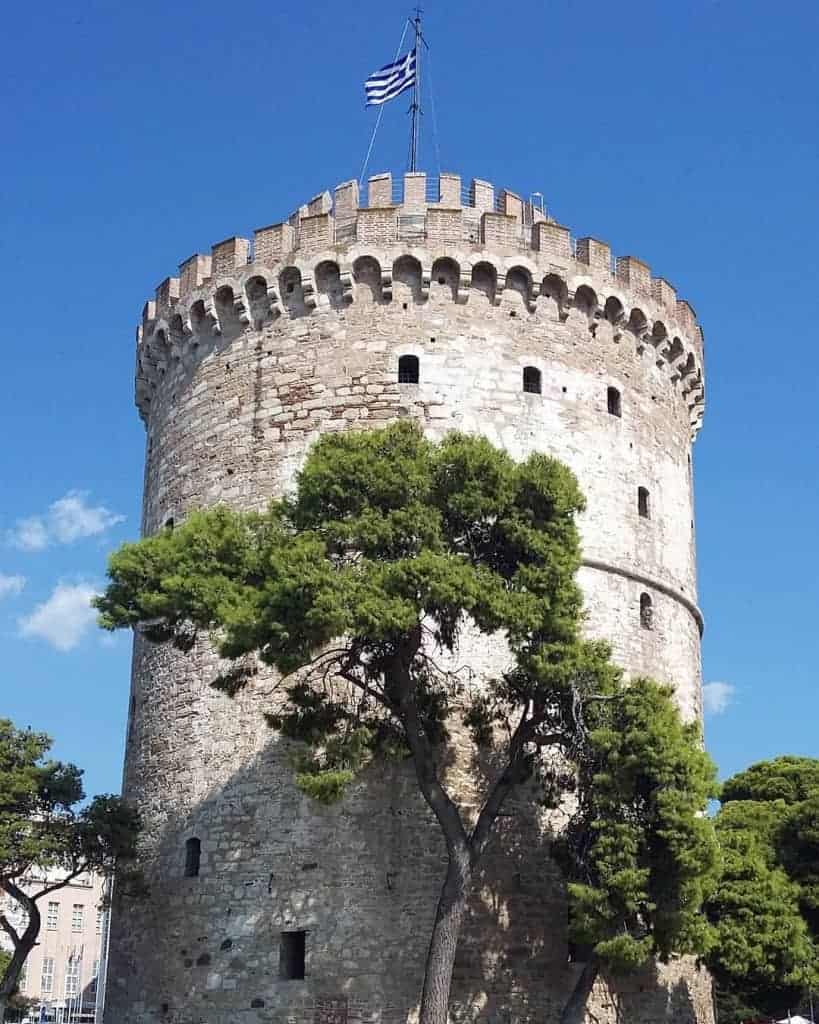
The Thessaloniki International Film Festival may not have the same prestige and popularity as Cannes. However, it is one of the most notable and glamorous events in Southern Europe. It is also one of the most unique festivals in Greece.
The festival is held in November every year. It showcases some of the best new and emerging filmmakers and documentary producers in the Mediterranean.
2024 dates are to be confirmed. If you are interested in attending the festival, it is worth spending a long weekend in Thessaloniki.
This is Greeces second city and Thessaloniki has a lot to offer. It is often referred to as being Greeces foodie capital on account of how many excellent restaurants you can find here.
Get a birdseye view of the city from its infamous White Tower, stop for a Freddo espresso at one of the coffee shops overlooking the Thermaic Gulf and sample local delicacies at the tavernas of Ladadika. There are lots of excellent day trips you can take from Thessaloniki too if you have more time to spare.
December:
Christmas
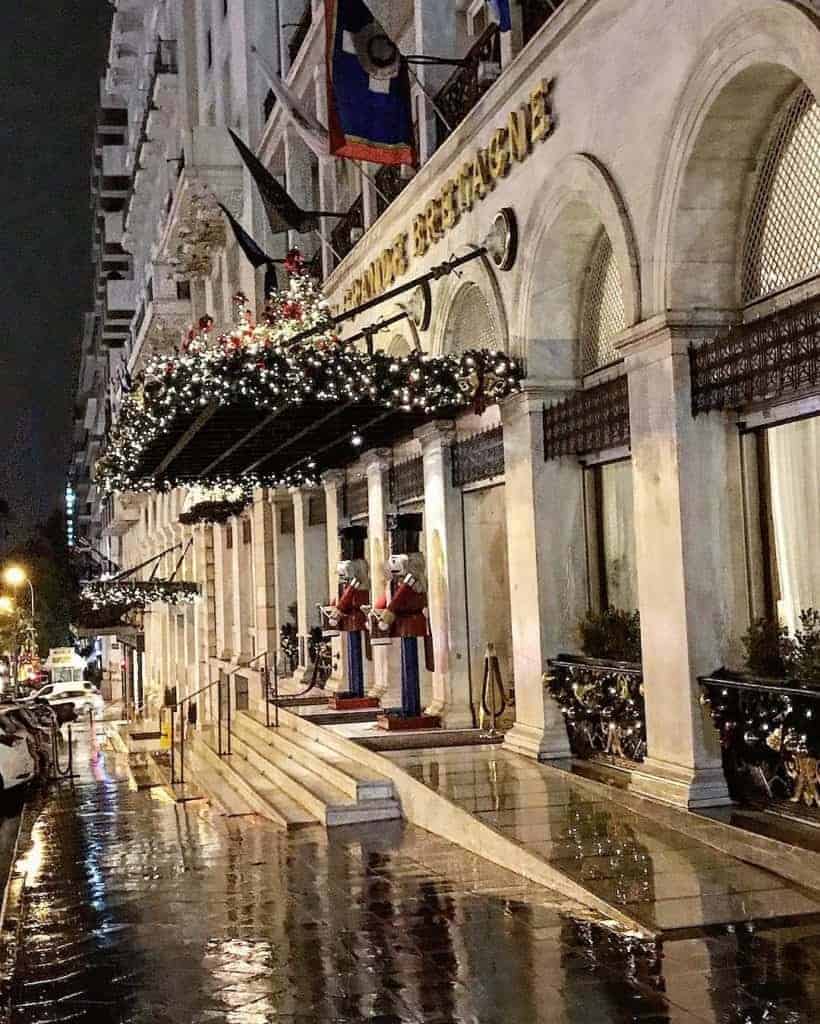
Christmas in Greece is a magical time. From the end of November, streets around the towns and cities are illuminated with beautiful Christmas lights. Various festive events take place across the country.
In Athens, a huge Christmas tree is set up in Syntagma square, and free musical performances and events are regularly hosted beneath it.
Several ice-skating rinks are also set up around Greece’s capital. These allow you to skate while overlooking the magnificent ancient ruins of the Acropolis or the Ancient Agora.
For alternative evening entertainment, you can consider attending a festive dinner held at one of Athens’ luxury hotels, or watching a ballet or opera performance at the National Opera. For city breaks, winter is also one of the cheapest times to travel to Greece. This is great if you are on a budget.
December:
New Year’s Eve
In Greek culture, a large portion of New Year’s Eve is spent with families. Parents, grandparents, aunts, uncles, cousins, etc, will gather together and enjoy a large meal in order to welcome in the new year.
At the turn of midnight, firework displays are set off around the country. Most young people then head out to bars, clubs, and tavernas – just like anywhere else in the world.
Final Thoughts
Do you have any further questions about festivals in Greece, or Greek travel in general? I’ve been living in lovely Pagrati, Athens for the last four years.
I would be happy to assist with any queries that you may have. Feel free to drop me a comment below and I’ll get back to you as soon as I can.
Safe travels! Geia sou!
